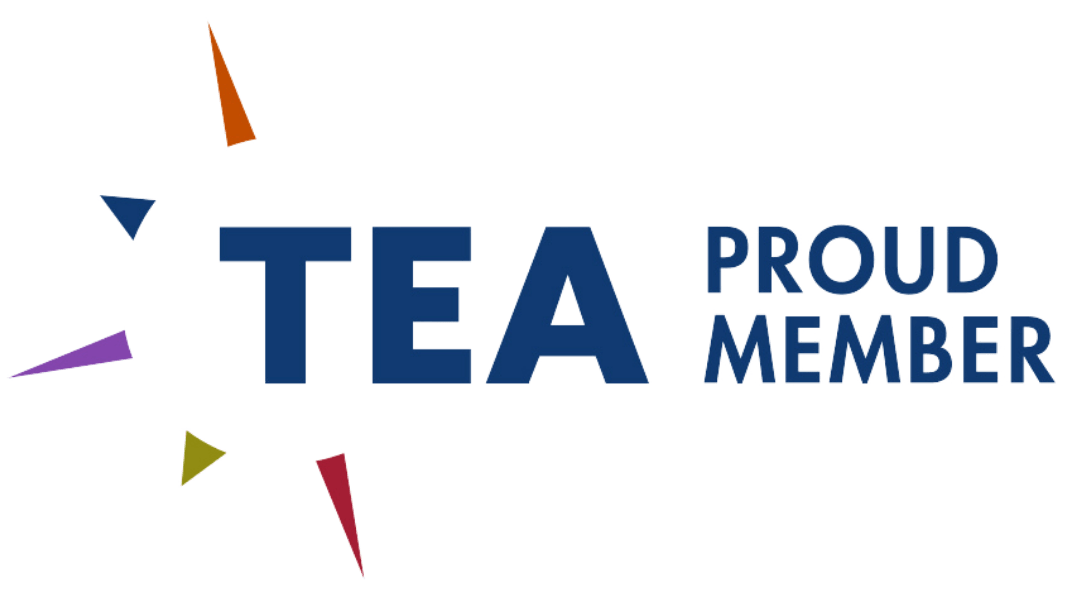The ‘People’ factor within tourism companies is of great value for socially responsible and inclusive entrepreneurship. Representatives of the MBO Friesland College, HBO programmes Saxion, NHL Stenden and BUas, programme CELTH, an expert by experience, an entrepreneur and an employee of Walibi amusement park conducted a dialogue in an online focus group on: ‘In what way should professionals in the leisure sector be equipped to receive people with disabilities in a hospitable manner?
The results and recommendations of this indicative survey are in this article. Statements and comments from the participants are included through quotes. In this article, we describe what tourism professionals need to receive guests with disabilities. Then we highlight how this can be taken up by a company and within education. Teaching and training knowledge, skills and attitudes are essential. We conclude by saying that inclusive tourism adds a dimension to the professionalism of the tourism industry.
Inclusive business = just business!
The survey participants feel that anno 2020, it can be assumed that entrepreneurs in the tourism sector are aware of the importance of corporate social responsibility. Diversity, accessibility and inclusiveness are part of this. It is in the DNA of a company: ‘I really think it is part of having a company, that everyone is welcome’, says a participant from the sector. Inclusive entrepreneurship actually implies broadening the offer. Here, a good balance between Profit, Planet and People is crucial: ‘Every entrepreneur tries to organise as nice a day out as possible for everyone. But there is also such a thing as profitability’.
Several participants add, saying: ‘In practice, it is sometimes still a group that gets forgotten, also because it is a small part of the total number of visitors. Still, it should be included in the whole business’. In general, top individual tourism organisations seem to be aware of accessibility and inclusiveness. If they are not, entrepreneurs are made aware of it by industry associations, the government or visitors. Thus, the topic of ‘accessibility and inclusiveness’ is still in its infancy.
Implementation is sometimes lacking within an organisation: ‘If the top is well informed and has good knowledge but it does not trickle down to the employees on the shop floor and there are a lot of staff changes, then it is completely useless,’ said a participant. The question is then what should employees know and be able to do to provide the right facilities to guests with disabilities at the right moment in the customer journey (Thumb, 2019). The focus group exchanged views on this. A reflection of this is given below.
Professional equipping: what should employees know and be able to do?
The basic attitude of every employee should be; above all, act normal and hospitable. One participant put it as follows: ‘It doesn’t matter who you are or what you have, the treatment should all be done in the same way. We make no distinction in that’.
Another, however, indicated that we have not yet reached that point in the Netherlands: ‘Even now, people often experience a kind of inability to act in
contact with people with disabilities’. This makes sense because many young people work in this sector and staff turnover is high. So – besides training – these employees still have a lot to learn about how to deal with people with disabilities.

